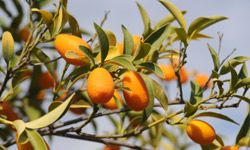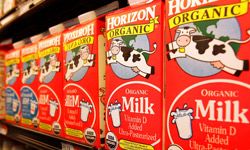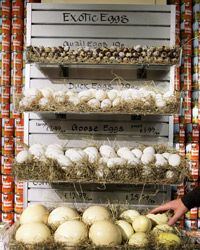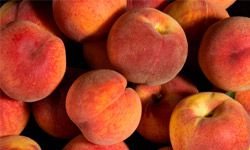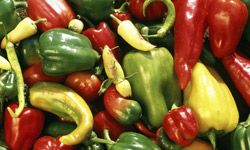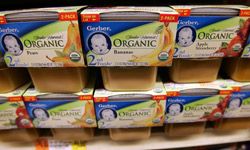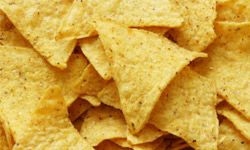Once solely the domain of the granola crowd, organic foods have become big business. Spending on organic products has grown by nearly 20 percent over the past decade. Nearly two-thirds of American consumers purchase at least some organic foodstuffs [source: Consumer Reports]. By organic we mean foods that meet the standards set by the U.S. Department of Agriculture. Animals can't be given antibiotics or growth hormone. Farmers can't use chemical fertilizers or pesticides on their fruits and vegetables. These toxins can get into the food and be passed along to people. While the jury is out on just how harmful this can be, many people would rather not take a chance. Others prefer organic farming because its methods result in less pollution.
But other than the self-congratulatory thrill you feel after you've chosen an organic kumquat over its chemical-laden brethren in the grocery store, are there any real benefits in buying organic? While choosing foods produced without chemical pesticides and fertilizers is a "green" choice for our planet, it can also mean there's less "green" in your wallet. Organic farming is more labor intensive, and that can translate into the food being more expensive at the store. Since only the wealthiest among us can choose a diet composed totally of foods that bear the organic label, it's reassuring to know that there are only a few foods experts say should be purchased organic or not at all. Grab a pesticide-free Golden Delicious out of the fruit bowl, sit back and keep reading to find out what they are.
Advertisement
